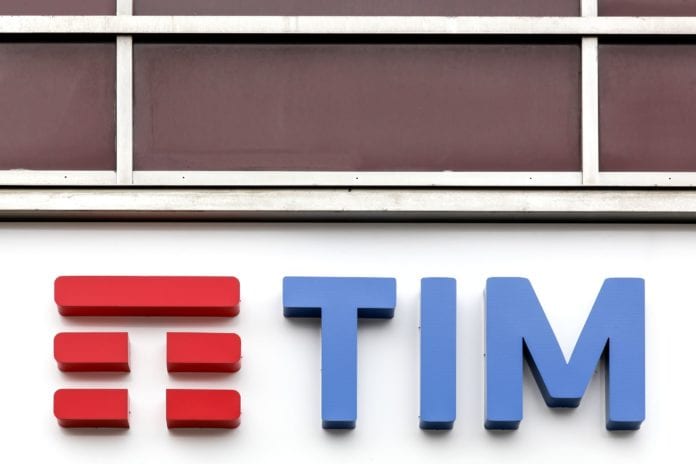The project aims to cover 75% of the cities of Bari and Matera with 5G by the end of 2018
Italian mobile operator TIM, together with Italian broadband provider Fastweb and vendor Huawei, have announced the activation of the first 5G antenna in the city of Matera as part of a 5G trial being promoted by the Italian government.
The BariMatera5G project will allow the Italian cities of Bari and Matera to be among the first areas in the world to be covered by the new generation of mobile technology.
The 5G data connection, implemented through the use of 3.7-3.8 GHz frequency bands made available by the Ministry of Economic Development, represents the first installation of the project’s network development plan, which expects to achieve 75% coverage of the two cities’ testing area by 2018.
BariMatera5G is the project with which TIM, Fastweb and Huawei jointly won the call for tenders announced by the Ministry of Economic Development to test 5G technology in the two cities.
Thanks to an investment of over 60 million euros ($ 73.8 million) within the next four years, Bari and Matera will be among the first “5G cities” in Europe where innovative services will be tested.
Some areas to be covered by this 5G initiative in the coming years include smart city, public safety, environmental monitoring, industry 4.0, 5G healthcare, as well as media education and virtual reality, automotive, mobility and road safety. As part of the project, 5G technology will be tested in Bari to create one of the first Industry 4.0 ports in Italy, improving its security, access control and logistics by using IoT solutions coupled with digital automation.
In addition to the three main partners, the project involves 52 partners, including 7 universities and research centres, 34 large businesses and 11 agencies.
TIM said that the testing of the 5G network in these two cities will involve over 70 use cases.
Last month, Huawei announced the completion of the first 5G trial in the city of Turin, in Italy, in partnership with TIM and Fastweb. Huawei said a net throughput of more than 3 Gbps has been achieved using 100 megahertz of spectrum. The 5G trial also reached a spectral efficiency of 30 bits/second/hertz, which is about 7 times higher as compared to the more advanced 4G technology.
The Ministry of Economic Development (MISE) had provided spectrum frequencies in the 3.6-3.8 GHz bands for this 5G trial.
Vodafone is also engaged in 5G trials in Italy. In December last year, the telco launched its project to test 5G technologies via the 3.6-3.8 GHz band in the city of Milan. Vodafone Italy’s CEO Aldo Bisio said Vodafone will be working with a total of 28 partners on the project, which is budgeted at 90 million euros.
Vodafone Italy said the network will cover 80% of the city and surrounding metropolitan areas by the end of next year and 100% by 2019.
Vodafone and Huawei recently announced the completion of a technique to improve the range of high frequency spectrum as part of their pre-standard 5G trials in Milan.
The companies revealed they had reached download speeds of 2.7 Gbps and a latency of just over a millisecond in the first live end-to-end 5G data connection in Italy.
Huawei and Vodafone have completed the verification of the uplink and downlink decoupling solution based on the end-to-end 5G network, including RAN, core network and terminals.

